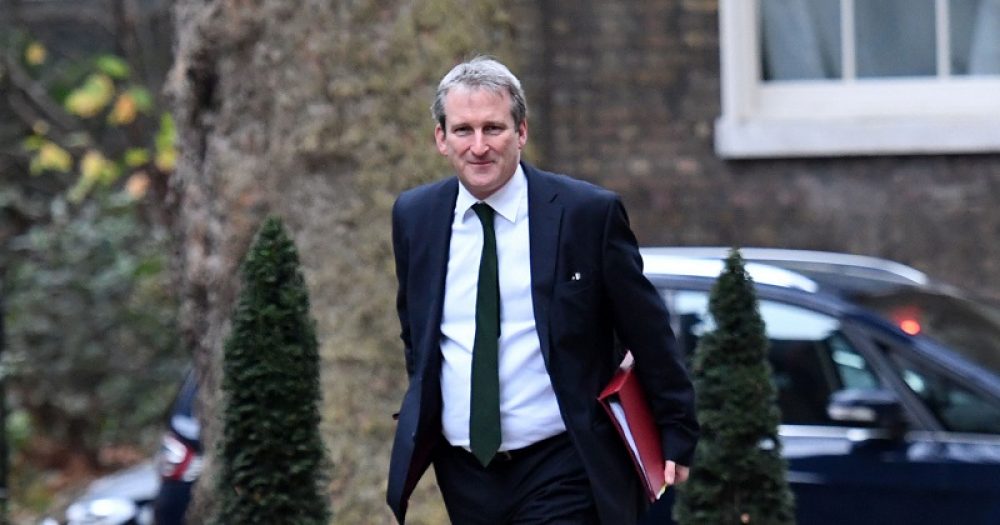The new education secretary has lauded his predecessor Justine Greening today, as he met staff at the Department for Education for the first time.
Damian Hinds reportedly told gathered staff at Sanctuary Buildings that he had “big shoes to fill”, and reiterated his commitment to improving social mobility, one of Greening’s key policies.
Insiders said the mood at the department was positive and that Hinds had made a good first impression as he walked the floors of the DfE.
He spoke about social mobility, life chances and the need for England’s education system to be “internationally competitive”.
Sir David Carter, the national schools commissioner, who was at the meeting, also noted Hinds’s “warm tribute” to Greening on Twitter.
https://twitter.com/Carter6D/status/951098938865614848
In a statement issued last night, Hinds spoke of the government’s “strong record raising education standards and offering opportunity, particularly to those most in need, through our nurseries, schools, colleges and world-class universities”.
“We are here to make sure young people and adults in this country have the chance to make the most of their talents and get on in life,” he wrote. “That means more good school places and giving people the chance to learn and upskill throughout their lives with high-quality degrees, apprenticeships and other technical and vocational qualifications.”
Hinds said he wanted to work with the teaching profession, educational staff, businesses and employers, to build on the “fantastic record” of his predecessors.
“The world economy is changing and it is through education, skills and training from the early years into adulthood that we will make sure no one is left behind – delivering a modern country that is globally competitive and fit for the future.”







Large doses of motherhood and apple pie on all fronts. It is effective action on the difficult issues that will mean something. When white boys from poor backgrounds begin to achieve in line with others we will begin to make some progress on social mobility. This is a particular problem in the north and large parts of the midlands where large parts of education still operate on dated and discredited twentieth century models. Incremental initiatives will continue to put sticking plasters on wooden legs. A very deep cultural change is needed, hard to see it coming from the current leadership either politically or from anyone in the DfE. The reforms of Blair, Adonis, Gove et al have had least impact in the North and Midlands particularly in the primary sector. The current direction is increasingly centralised and process driven. Centralised school improvement initiatives never have long term impact in the most needed places, but politicians and civil servants always want to do something.
If he genuinely wishes to improve education, Hinds must listen to experts, ie people who work, or have recently worked in schools. No more imposition of unproven ideologies: much greater trust in teachers and parents and a significant period of time without new tests, strategies, political mark-making and point scoring. Having seen Theresa May’s dismissal of comments made by former Headteacher in PQT yesterday, that scenario looks unlikely.